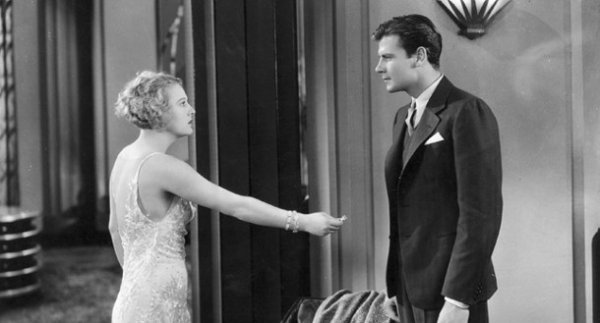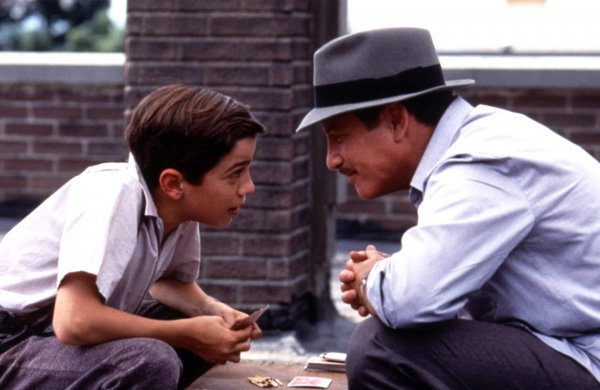- Messages
- 17,483
- Location
- New York City
Breakfast for Two from 1937 with Barbara Stanwyck, Herbert Marshall, Glenda Farrel and Eric Blore
- This is what happens to a pre-code-like movie idea when it gets mangled by the Motion Picture Production Code
- Stanwyck plays a smart, young, wealthy woman with a head for business who falls in love with party boy and shipping-heir Marshall whose neglect of his company is destroying it
- Once Stanwyck sees the full picture, she buys Marshall's company to both save it and to save Marshall by bringing him in as her vice-president as she believes he's "got what it takes" if he just gets a push in the right direction
- In pre-code land, Stanwyck could have tutored Marshall to become a businessman or, more likely, she'd have realized he was better as a boy toy and she'd have just run the darn company herself and "kept" Marshall, kinda like Kay Francis did with David Manners in 1932's Man Wanted or as Ruth Chatterton did with a series of young, handsome "executives" in 1933's Female
- But by 1937, the code wouldn't allow a smart women to run a company and keep a silly man around for pleasure, so all sorts of stupid and unbelievable things happen like Stanwyck allowing the company to fail and Marshall, magically now seeing the light, but with no business experience, convincing investors to back him as the man to bring it out of receivership
- Also in dumb land, Marshal tries to marry his friend Glenda Farrell to spite Stanwyck, even though he obviously loves her, which leads to a bunch of screwball things happening to both thwart that wedding (loud window washers, a long-winded minister) and push Stanwyck and Marshall together (a food fight and a serious of phone-call misunderstandings)
- A screwball scene or two can occasionally work (see Bringing up Baby), but string several together and you end up with a Three-Stooges routine, which is fine for a Three-Stooges movie, but makes no sense in a reasonably adult romcom
- Stanwyck is such an enjoyable actress that this one is almost worth it, but the code so brutalized the plot's logic and characters' consistency and maturity that passing is probably the right choice




